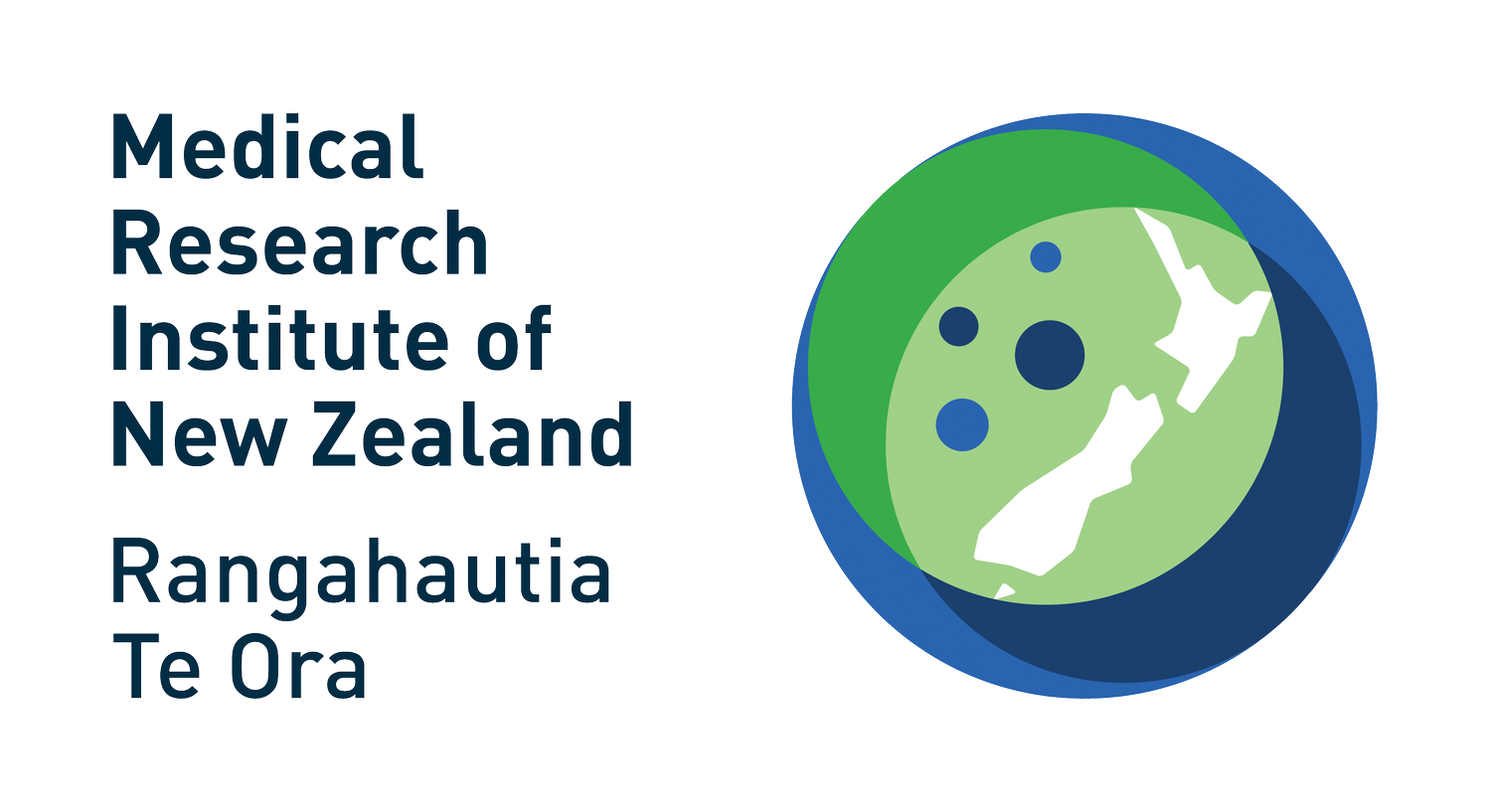Health Research Council of New Zealand Grant Fuels Landmark REMAP-CAP Study
The REMAP-CAP study (Randomised, Embedded, Multifactorial, Adaptive Platform for Community-Acquired Pneumonia), active in 12 intensive care units in Aotearoa New Zealand has today been awarded a 5 million dollar Health Research Council of New Zealand Programme Grant. Dr Colin McArthur and Dr Tom Hills, who jointly lead the MRINZ Infectious Diseases programme, oversee the study, supported by a large research team across the motu.
Severe pneumonia, often caused by influenza, remains a common and serious health issue, particularly affecting Māori. Since its inception in 2016, REMAP-CAP has been funded by the Health Research Council (HRC) and has focused on identifying the most effective treatments for severe pneumonia and influenza. Its adaptive design is also capable of swiftly responding to emerging pandemics.
In 2020, with the onset of the COVID-19 pandemic, REMAP-CAP quickly pivoted to address this new threat. Enrolling more than 10,000 participants with COVID-19 globally, the study provided crucial evidence on effective treatments such as corticosteroids, immune modulators, and optimal blood-thinning doses. It also identified ineffective treatments (convalescent plasma, aspirin, vitamin C) and harmful ones (hydroxychloroquine, high-dose blood thinning, angiotensin system inhibitors).
With this new funding, REMAP-CAP aims to expand its scope to further improve outcomes for patients with severe respiratory infections, particularly focusing on reducing complications post-discharge, improving outcomes for Māori, evaluating influenza antivirals, investigating the use of immune modulation in influenza, and optimising the use of COVID-19 antivirals. Importantly, the study will now include patients hospitalised with pneumonia outside of intensive care units. REMAP-CAP will retain its focus on pandemic preparedness and its ability to quickly adapt in response to future infectious disease threats.
This expansion marks a significant milestone in the MRINZ’s commitment to enhancing patient care and addressing health disparities, especially for vulnerable populations.
Please read the full release HERE.

